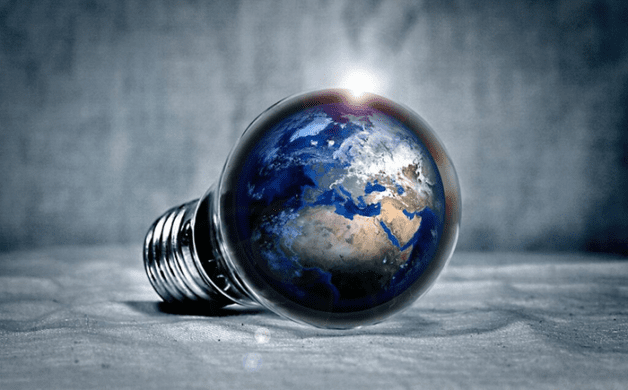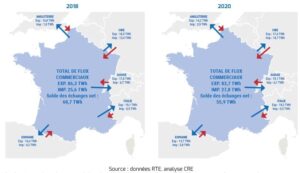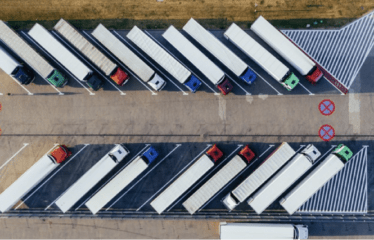
Importing natural gas and electricity into France: Customs, Excise and VAT formalities
- Gas and electricity exchanges
- Identification of the actors of the sector
- Import points in France for electricity and natural gas
- How to import natural gas and/or electricity into France?
- Customs import formalities
- Excise treatment (energy taxes) on the import of gas and/or electricity
- And what about VAT on gas and electricity imports?
Gas and electricity exchanges
Identification of the actors of the sector
We are talking about two of the most sought-after energies in these troubled economic and geopolitical times… The need to source energy beyond European borders has increased due to supply difficulties – whether they are anticipated or real.
But how do you complete the customs formalities for importing natural gas and electricity into France? French customs have confirmed that the network operator cannot do this on behalf of the operators, and that each operator must complete the required import customs formalities.
In addition to the reasons mentioned above, the increase in the volume of natural gas and electricity imports is also mechanical:
- in value due to the increase in the price of these commodities;
- in volume due in particular to the United Kingdom’s exit from the European Union. Indeed, in the aftermath of the Brexit, gas and electricity purchases have become imports.
After a year 2020 in half-tone (Covid obliges, despite an increase in domestic consumption, production activities were less energy consuming), as an illustration imports into France increased by 10% in volume for electricity in 2021 compared to the year 2019.
Imports are mostly made by buyers/resellers of electricity and natural gas (energy traders) who do not import these commodities for their own consumption.
Import points in France for electricity and natural gas
These commodities are intangible goods, how do we determine their point of import?
To electricity : The global electricity grid is made up of interconnectors within which the various grid operators are linked. The French electricity transmission system is linked to the grids of six other European countries: the United Kingdom, Belgium, Germany, Italy, Spain and Switzerland. When electricity is sourced from the interconnections with the UK and Swiss grids, an import declaration is required for the operator.

For natural gas : A Gas Exchange Point is a virtual hub where all the players in the gas supply chain meet.
In practical terms, it allows the contracting of wholesale gas purchases and sales. It therefore serves as a link between gas producers and extractors, suppliers, distributors and transporters. The gas PEG is therefore neither more nor less than a natural gas market. This entity allows the daily organization of financial transactions in gas. In concrete terms, it is used to measure the quantity of gas injected and withdrawn from the network each day. If the PEGs are virtual marketplaces, how and where should the gas import formalities, which are still due, be carried out?
How to import natural gas and/or electricity into France?
Customs import formalities
When importing, the buyer/reseller of natural gas and/or electricity must comply with customs import formalities. The importation of these intangible goods is a specific operation that should be entrusted to a registered customs representative familiar with these products, their actors and all the inherent specificities.
In case the trader is established outside the European Union, he must appoint an indirect customs representative, or failing that a Third Party Importer or Importer of Records established in the EU.
Once the customs declarant has been identified, it will be necessary to ensure that it is able to issue an appropriate report. While the tariff species (natural gas 27111100 and electricity 27160000) and the customs origin are easily determined, the customs value also requires the expertise of the customs declarant. Basically, one can question the appropriate value to declare.
Is this the market price at the time of import or should the trader use the value of the very many sales invoices issued in a given month?
FISCALEAD has authorised representatives to support you with your customs procedures. Contact one of our customs agents.
Please contact us for further information on this subject.
Excise treatment (energy taxes) on the import of gas and/or electricity
On this same import declaration, the VAT, the customs duties if necessary and the excise duties (or energy taxes respectively TICGN and TICFE) will be liquidated. To know if the TICGN and/or the TICFE will be due on importation, it is advisable to return to their generating event.
In accordance with Article 312-13 of the Code of Taxation of Goods and Services (CIBS) for coal, natural gas and electricity, the excise event is constituted by :
1° The supply in the territory of taxation of the product by one person to another person who consumes it.
2° The consumption in the territory of taxation of the product by a person who has produced or imported it in the territory of taxation or in the territory of another Member State of the European Union.
As soon as these facts are not characterized, the TICGN / TICFE excise duties are not due and your customs representative must know how to ensure that they are not applied.
And what about VAT on gas and electricity imports?
France has generalized the reverse charge of VAT on imports since January 1, 2022. Any trader established in or outside the EU who imports goods into France should register for French VAT so that his VAT number is active on the day of importation. This will allow him to self-charge the VAT on the import. Otherwise, there is no reverse charge and therefore no possibility to recover this VAT.
But, it is still necessary that the import VAT is due! If it is not, there is no need to register for VAT FR for these purposes.
Article 258 III of the CGI states that the place of delivery of natural gas and electricity is located in France only:
a. when said energy is consumed in France ;
b. in other cases, when the purchaser has in France the seat of his economic activity or a permanent establishment for which the goods are delivered or, failing that, his domicile or his habitual residence.
Thus, if the trader who imports these energies is not established in France, and since he is not an end user of the imported energy, your customs declarant must be able to ensure that import VAT is not applied on your customs declaration. Moreover, a FR VAT registration for a foreign trader should not be mandatory in this respect.
Contact us to prepare and manage all the authorizations and administrative declarations required for the import of natural gas and electricity, we master all the steps!

